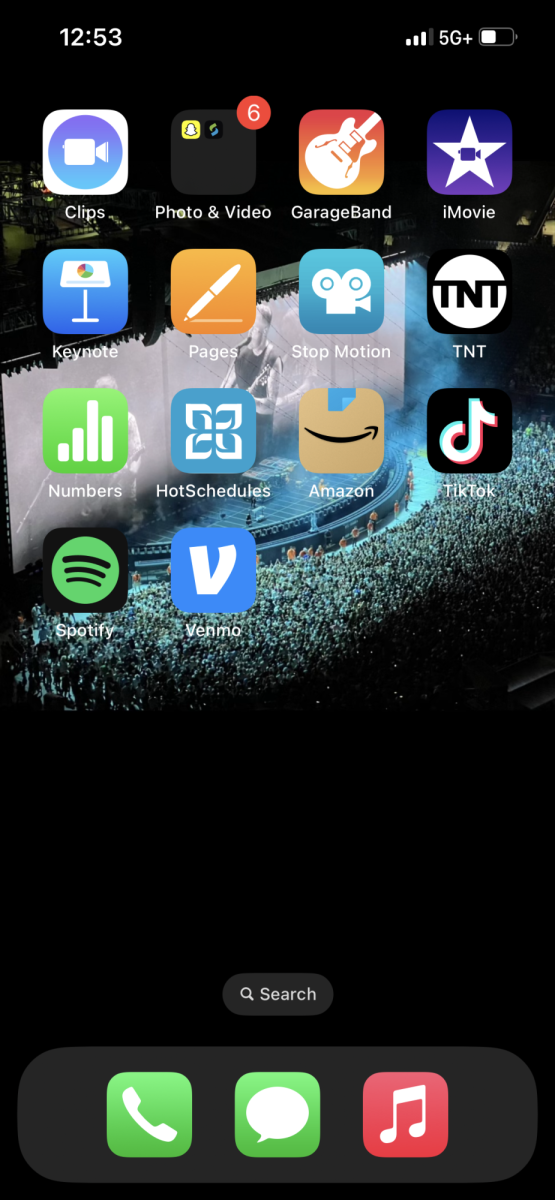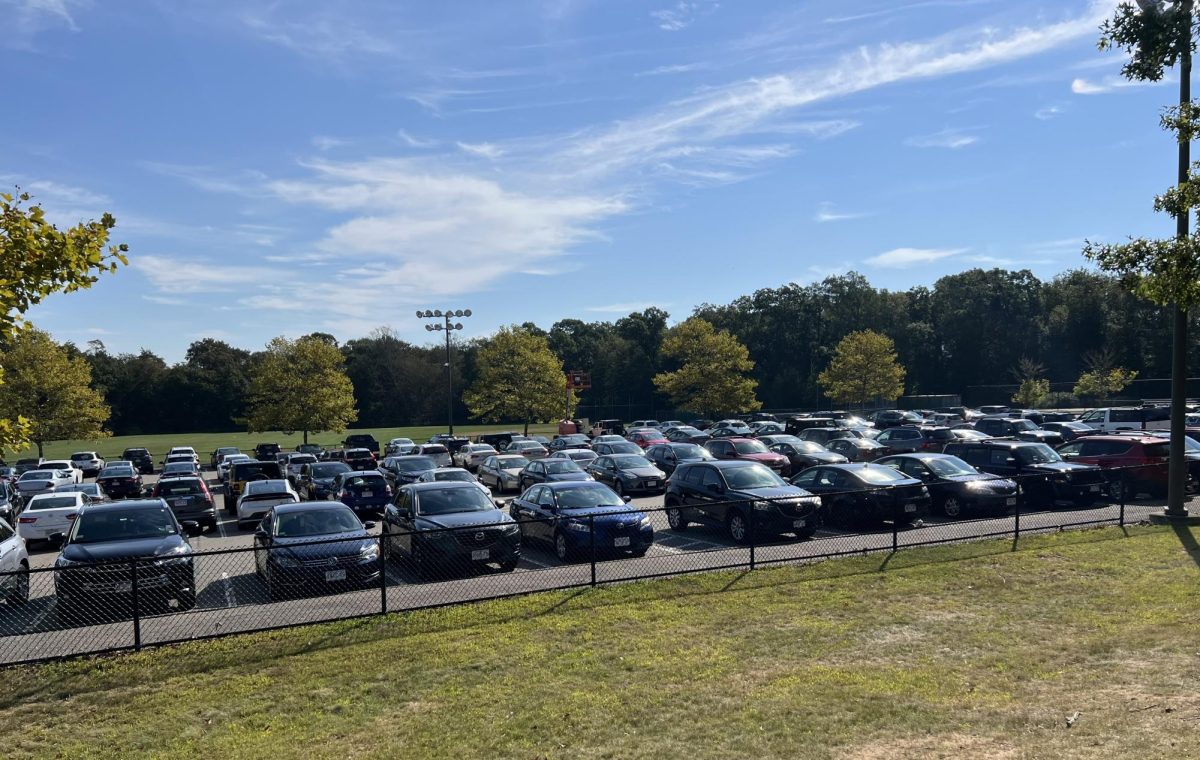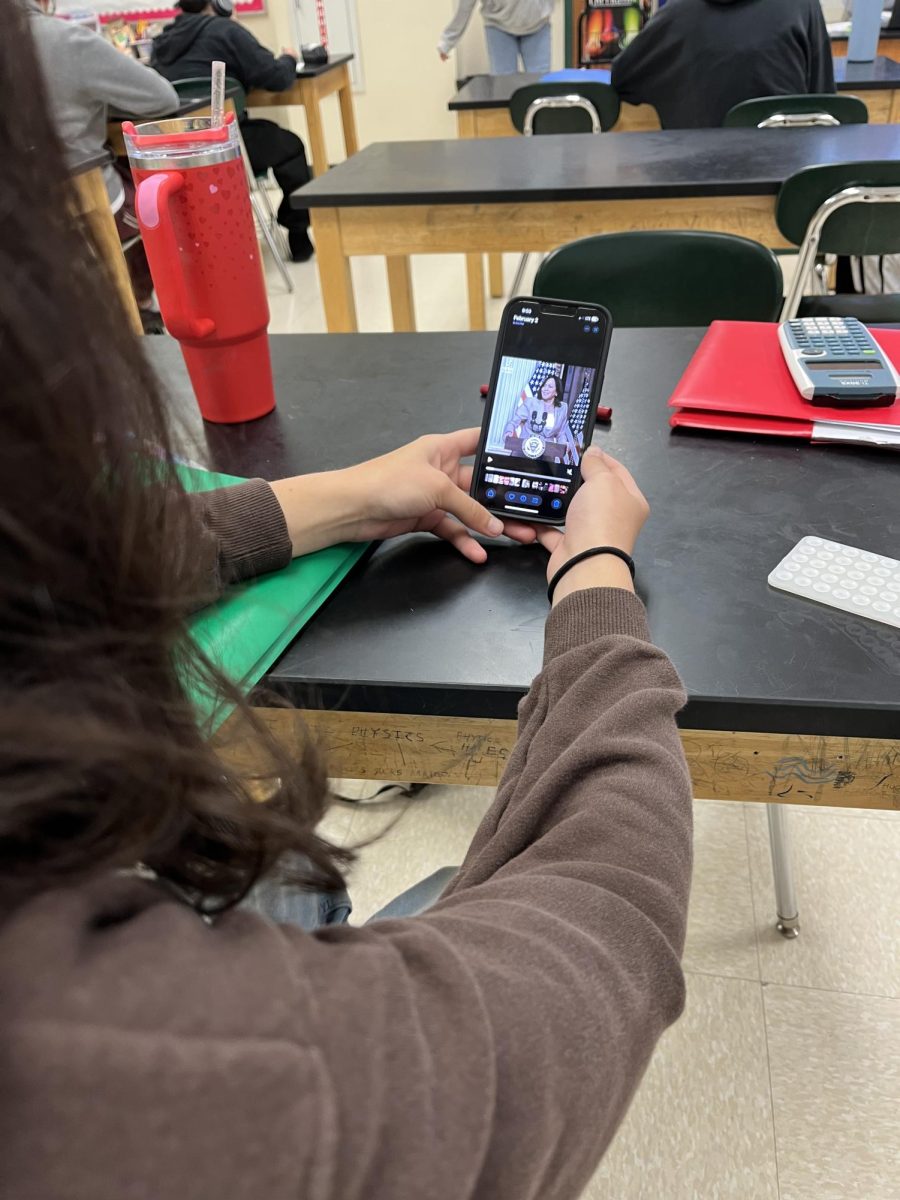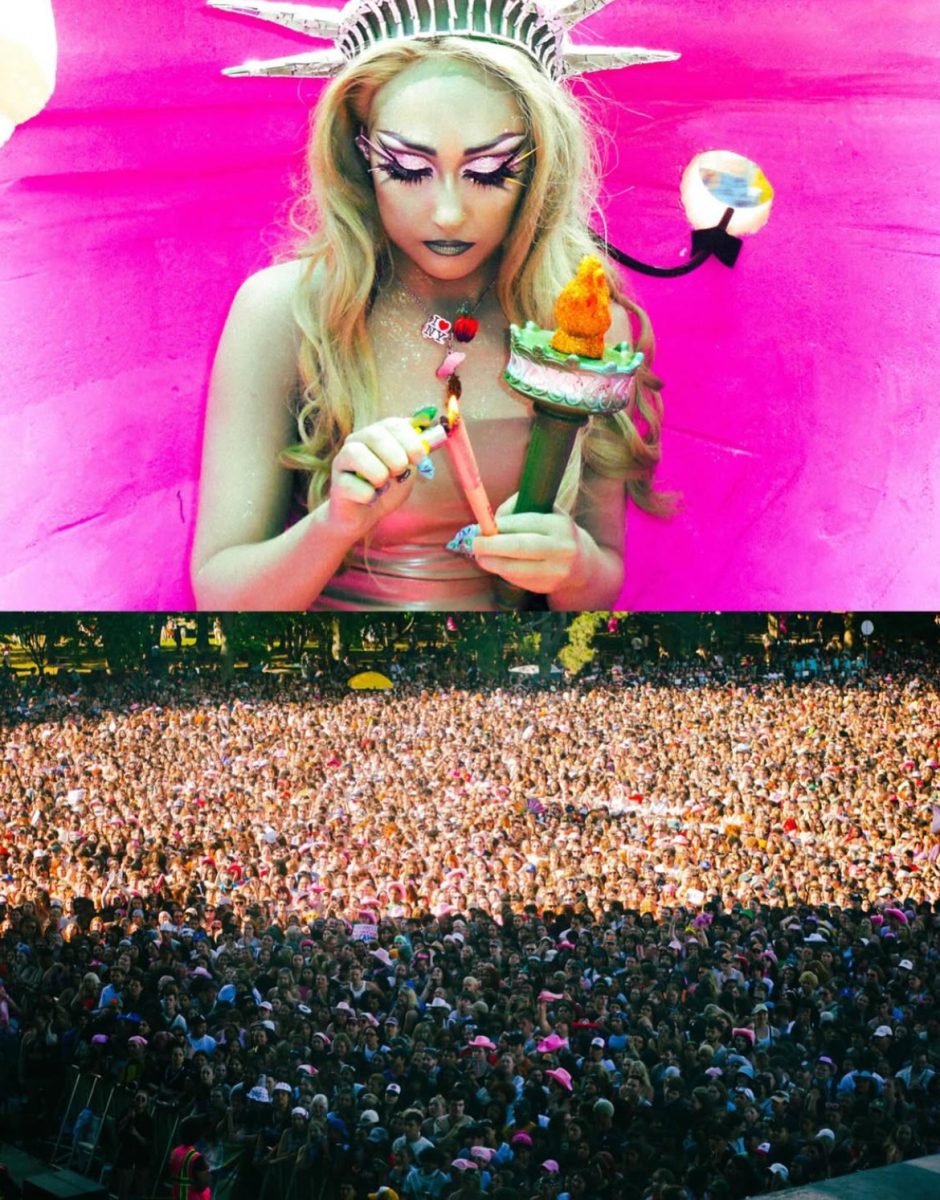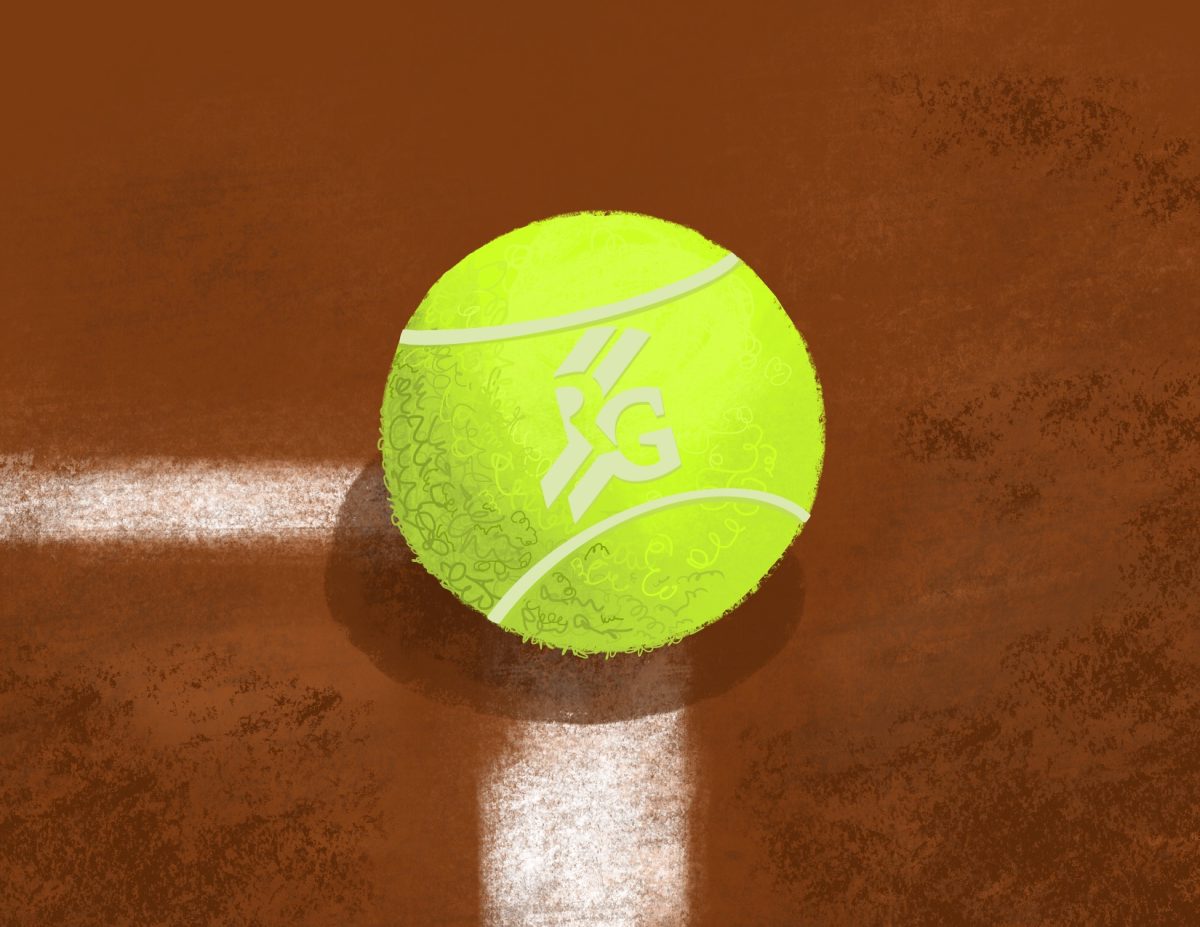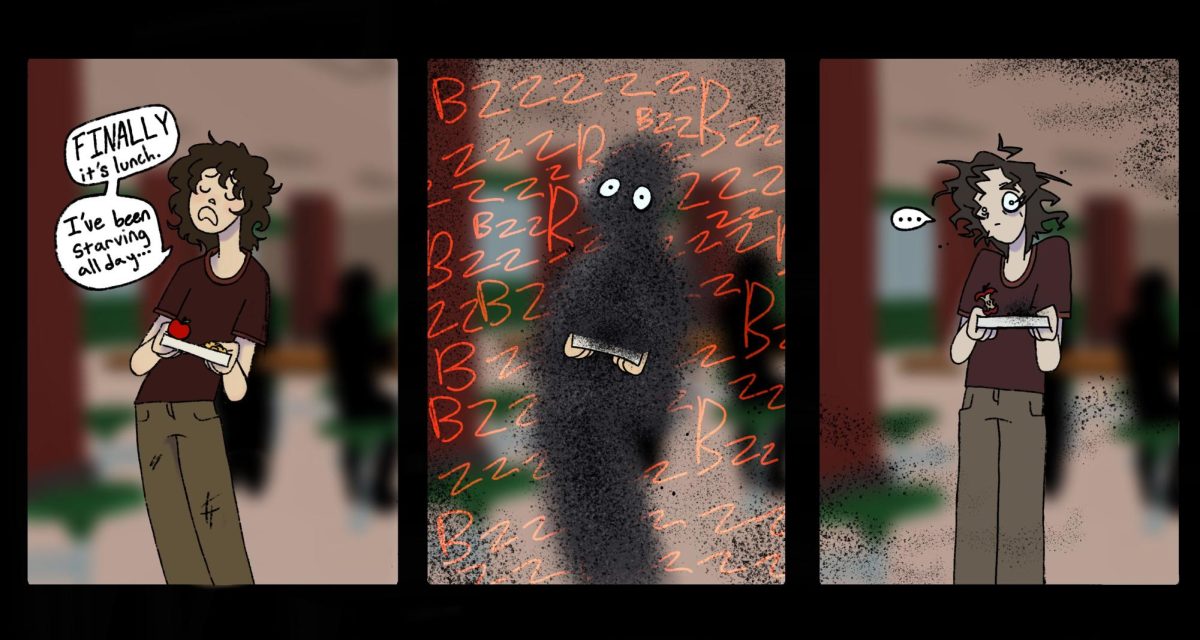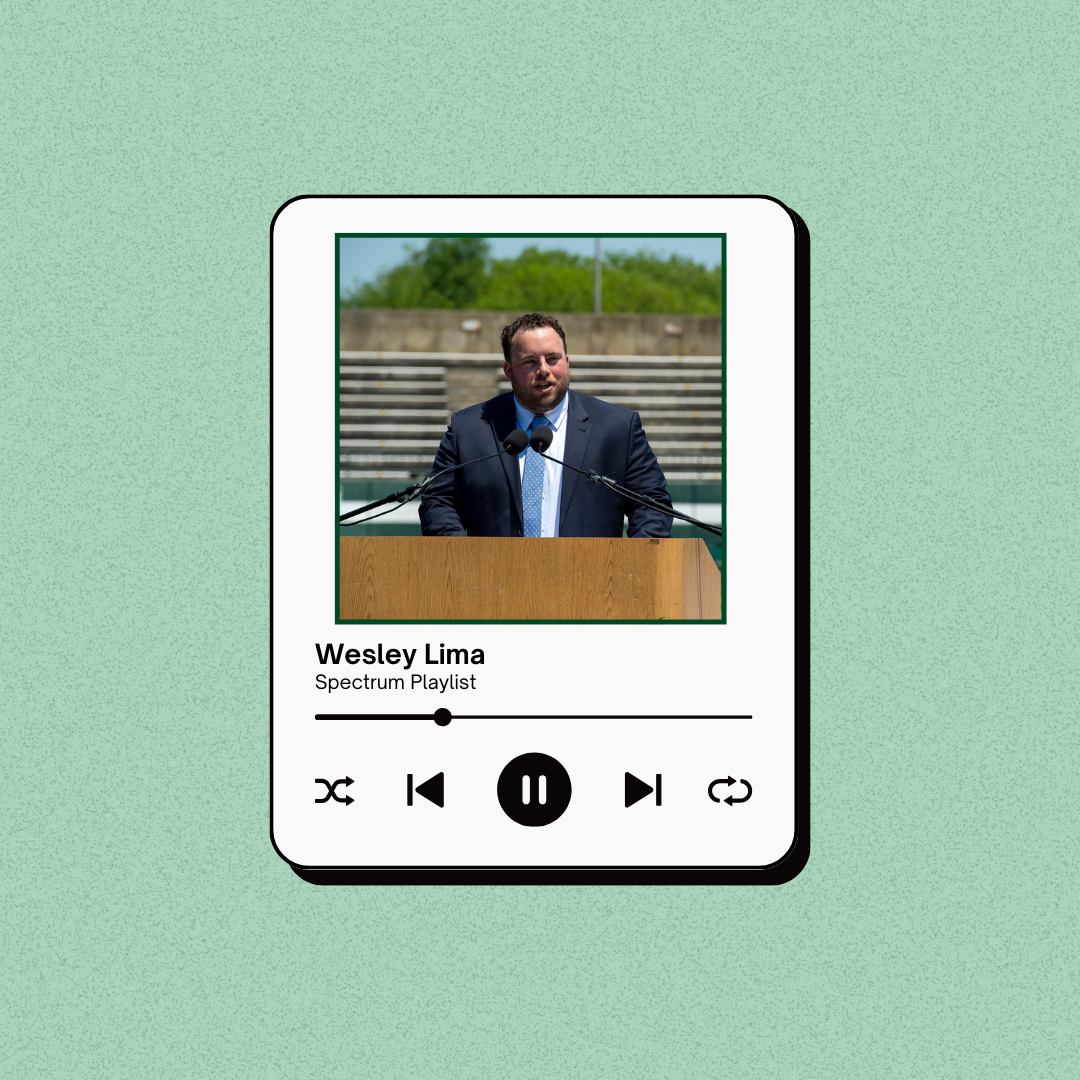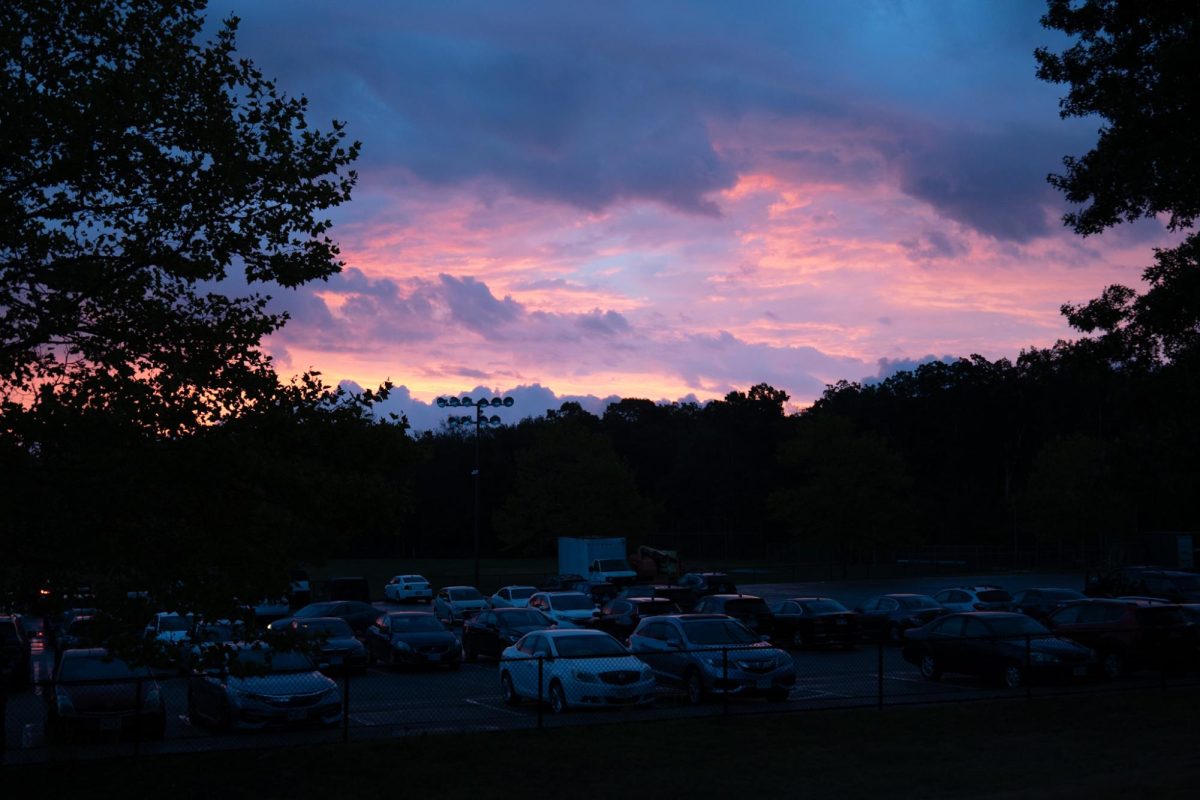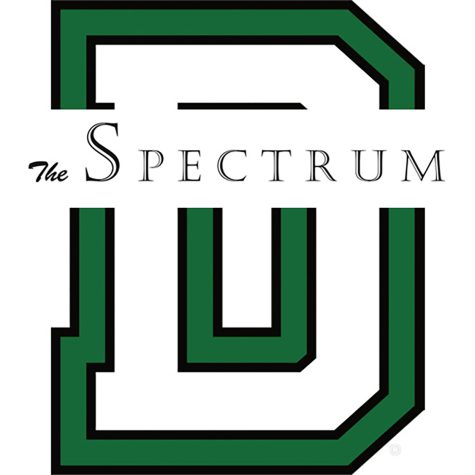While many people acknowledge that popular content sharing platforms have positive effects, they also cannot ignore some of the glaring negative effects on users. This almost contradictory sentiment was perfectly captured in a Pew Research report last year which surveyed people from 19 countries. Out of those surveyed, 57% said social media had mostly positive impact, a sizable majority. At the same time, the same report found that 84% of those same people surveyed said the greater connectivity that social media has allowed for is leading to greater manipulation of information. This dizzying paradox is the difficult reality of social media in the world today and creates a bitter debate around how much or how little of a role social media should play in our lives.
Lawmakers and others in government worry that social media is leading to an anxious, misinformed, and unsecure society. This has led to action by Congress and President Biden to take significant steps to curb the alleged effects of these apps. Up to this point, politicians have targeted the most popular social media platforms such as Facebook, Instagram, and TikTok. The leaders of these companies have come under pressure from lawmakers surrounding issues such as data security, user safety, and foreign influence on their respective platforms. One notable event that put this on display was when Congress subpoenaed Facebook CEO Mark Zuckerburg in 2018 to speak on the security of user data on the platform.
More recently TikTok has come under fire from US lawmakers. Discontent with the app has come primarily from those in Congress who claim the parent company of the platform, ByteDance, a Chinese company, has ties to the Chinese Communist Party (CCP). Concerns like this one have prompted legislative action by Congress in the time since the app rose to prominence during the Covid-19 pandemic in late 2020. Some of these actions include introducing a ban of TikTok on all government devices (H.R. 503), as well as another ban of the app at publicly funded universities (H.R. 231). Though these actions have been significant, the biggest action by Congress to date against TikTok has been introducing a total ban of the platform within the US if parent company Bytedance fails to sell the company within a given window (H.R. 815). The total ban of the app within the United States is set to take effect on January 19.
Although the ban had bipartisan support in Congress and was upheld by an appeals court last month when Bytedance tried to challenge it, the ban is still likely to face headwinds. One major factor contributing to this is that the ban is scheduled to take effect just one day before former president Donald Trump is inaugurated. Consequently, this would require the president-elect to spearhead the implementation of the ban, which the president-elect says he would not carry out.
Some may recall that this position Trump is taking is a reversal from his previous action. In the past, Trump has advocated for a ban of the app, citing a similar argument to those in his party: the app posed a national security risk due to potential ties to the CCP. In fact, in 2020 Trump sought a ban of the app just like the one passed by his successor. But, while campaigning this election cycle, the president-elect said he would be in favor of keeping the app because it allowed him to capture younger voters, which ended up being a key demographic that contributed to his win last November. In addition to the opposition from President-elect Trump, the ban of TikTok may see its fate sealed by the Supreme Court, which is currently hearing arguments against the ban from ByteDance. This could mean the end of the ban, as the conservative leaning court may be inclined to side with the incoming Republican president due to similar ideology, though this is not certain.
As someone who is a member of the age group that the app is popular with, I say yes it should be banned.
I believe TikTok should be banned not primarily because of national security risks that initiated the draft of the ban. Instead, the primary reason for banning the app from my perspective is due to the impact social media, like TikTok, has had on my peers and I. And this notion is not just mine. In October 2024, 13 states and the District of Columbia sued TikTok after internal documents from the company were leaked. The documents showed those working at the company know that TikTok has harmful effects on teens but are choosing to overlook this in the name of profitability.
From my perspective social media, like TikTok, intensifies the normal course of arguments and disagreements. Rivalries and grudges brought to apps like TikTok are made worse and the people around those fighting are forced to pick a side of the conflict, eventually gaining such intensity that it spills over into school or onto the laps of parents. At this point a thorough investigation will ensue by the adult involved and likely will yield language and discourse so foul that punishing those involved becomes difficult to bear as the adult now has to read back all of the horrible things said and done.
I have seen this many times and have even had to sit through several school assemblies that were a product of these brutal arguments. This is why, when people ask me, should TikTok be banned? I never waver from answering with a resounding affirmative. TikTok is one of the many apps available to young people presently that causes this issue, and I believe that one less of these platforms can only help, not hurt, people like me.

